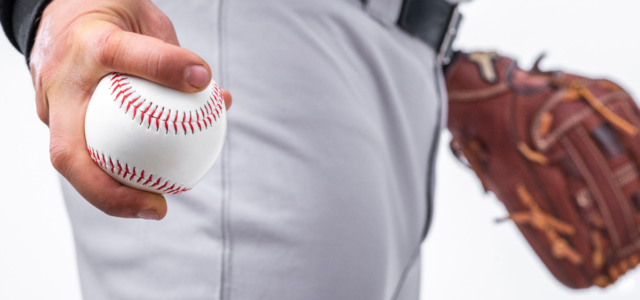
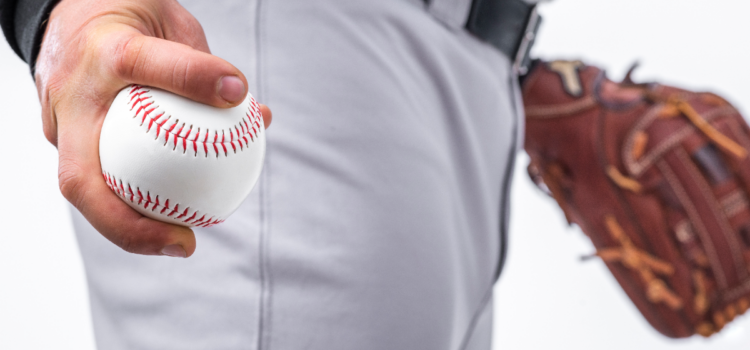
How to Build an Off-Field Workout Routine For Baseball Performance
BlogClub SportsHigh School Baseball/SoftballProduct Reviews/Top Ten Lists/Resources/TipsStaffPicks April 14, 2025 Lauren Keating 0

Spring training tips to boost your on-field gameplay
Baseball training often means hitting in the cage, taking ground balls, or working on your pitching mechanics. But what happens off the field is just as important—maybe even more.
An off-field workout routine can improve your strength, speed, mobility, and recovery. All this does help an athlete when it’s game time to be prepared, confident, and ready to take performance to the next level when the lights are on.
Here are our tips and guide to building an off-field routine that works for you.
Step 1: Build Strength with Bodyweight Training
Strength training is important for athletes across all sports. But players don’t need fancy gym memberships or even equipment to get stronger. Bodyweight workouts are a perfect way for high school athletes to build functional strength that translates directly to baseball movements.
Focus Areas:
Core strength for better rotation in swings and throws
Lower body for explosive speed and power
Upper body for control and throwing velocity
Sample Bodyweight Circuit (Repeat 2–3x):
Push-ups – 15 reps
Air squats – 20 reps
Plank – 45 seconds
Jump lunges – 10 reps each leg
Glute bridges – 20 reps
Supermans – 15 reps
Start with two to three circuits two to three times a week.
Step 2: Work On Mobility
Baseball players, especially pitchers need to focus on mobility training to prevent injuries common to the shoulder. Mobility isn’t just stretching. It’s the key to smoother swings, better fielding mechanics, and more efficient pitching. Baseball is a game of repeated, high-speed movements—if your body isn’t mobile, you’ll break down fast.
Target These Areas:
Hips and hamstrings – for base running, fielding range, and leg drive
Thoracic spine (upper back) – for rotational power and throwing
Shoulders – for injury prevention and throwing mechanics
Try This 10-Minute Daily Mobility Flow:
Cat-Cow Stretch – 10 reps
Shoulder Circles – 30 seconds each direction
Hip Flexor Stretch – 1 min each side
Hamstring Scoops – 10 reps per leg
Do this flow after workouts, practices, or even in the morning to stay loose and prevent stiffness.
Step 3: Recovery Is Key
Athletes can lift heavy or do as many sprint repeats as they can, but none of that matters if the body doesn’t have the time it needs to rest and recover. Recovery is actually where the growth happens—your muscles repair, your nervous system resets, and energy levels return
Recovery Tips:
Sleep: 8–9 hours per night.
Hydration: Aim for half your body weight in ounces per day. More if it’s hot.
Nutrition: Prioritize protein, healthy carbs, and anti-inflammatory foods like fruits and veggies.
Rest Days: Take one to two rest days each week. Active recovery (like walking or light stretching) is fine, but give your body a break.
Bonus tip: Invest in a foam roller or massage ball and hit your sore spots after practices or workouts. You’ll feel the difference on game day.
Spring Training Off-Field Example For Baseball Players
Here’s what a balanced off-field weekly routine might look like:
Day/Focus
Monday- Bodyweight Strength + Mobility
Tuesday- Recovery (light walk/stretch)
Wednesday- Core + Speed Drills + Mobility
Thursday- Strength Circuit + Arm Care
Friday- Recovery + Light Mobility
Saturday- Sprint Work + Throwing Program
Sunday- Full Rest or Active Recovery
Mix and match based on your practice/game schedule, but try to touch on each pillar—strength, mobility, and recovery—throughout the week.
Off-field training isn’t about showing off in the weight room—it’s about showing up on the field ready to perform, recover, and stay consistent all season long.

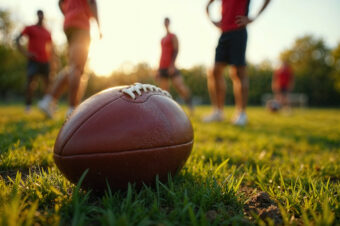



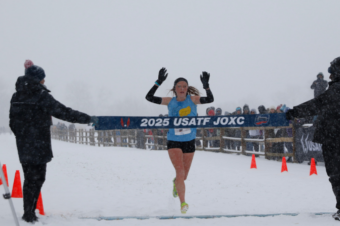
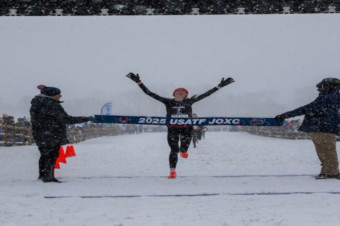
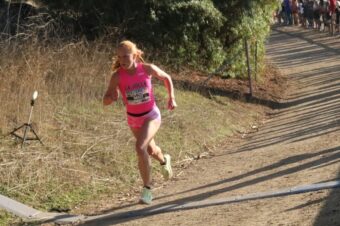
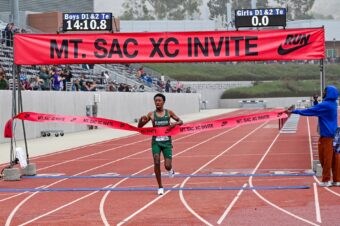
No comments so far.
Be first to leave comment below.